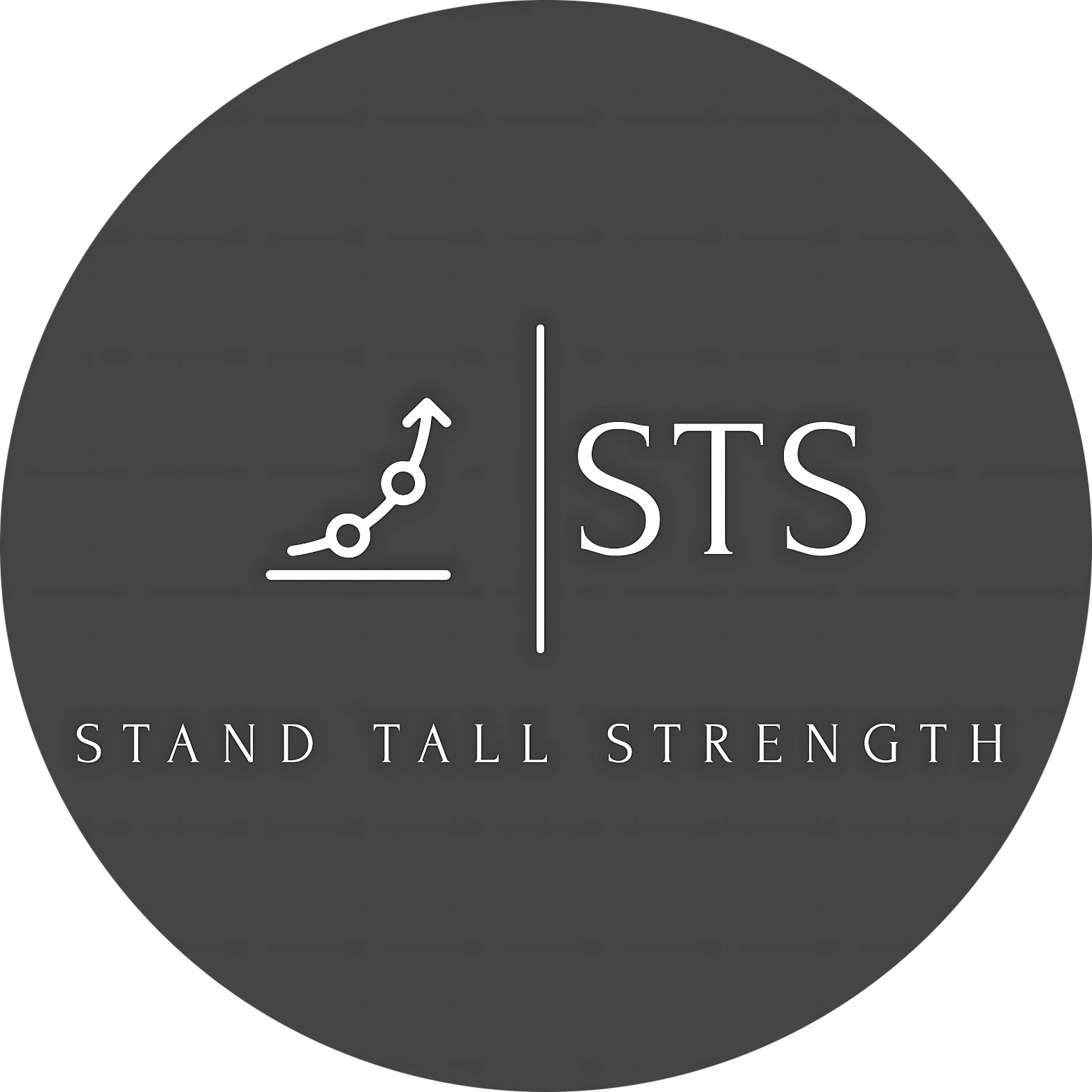Menopause is defined as the final menstrual period, which is confirmed after the absence of a menstrual cycle for 12 continuous months.
It is a natural event linked with reduced functioning of the ovaries, resulting in lower levels of ovarian hormones (mainly estrogen).
NHS England estimate there are around 13 million women who are currently menopausal in the UK.
Menopause generally occurs between the ages of 45 to 55 with about 1% experiencing menopause before the age of 40.
With the average life expectancy for women today at 81 years old, most women spend 40-55% of their life in the postmenopausal condition.
Research by The Women’s Health Initiative found postmenopausal women who have large amounts of sedentary time have an increased risk of all-cause mortality.
Health care providers advocate exercise as a method to combat the effects of sedentary lifestyle and to counter the effects of the menopausal transition and aging.
Women 40-65 years old, who exercise consistently, maintain exercise as a daily routine, feel good about exercising and have a feeling of achievement.
There are many physical and psychological changes that occur as a woman transitions through menopause.
Physical symptoms include night sweats and hot flashes, insomnia, bone and muscle weakness, increases in weight and abdominal fat, changes in HDL and LDL, decreased hormone levels, changes in the immune system and an increase in insulin resistance.
This can result in developing metabolic syndrome, cardiovascular disease, diabetes and kidney disorders.
Psychological symptoms include mood fluctuations, anxiety, depression, and an overall decrease in wellbeing and purpose.
Strength Training and Cardiovascular Exercise can alleviate and improve many of the negative physical and psychological effects associated with menopause.















